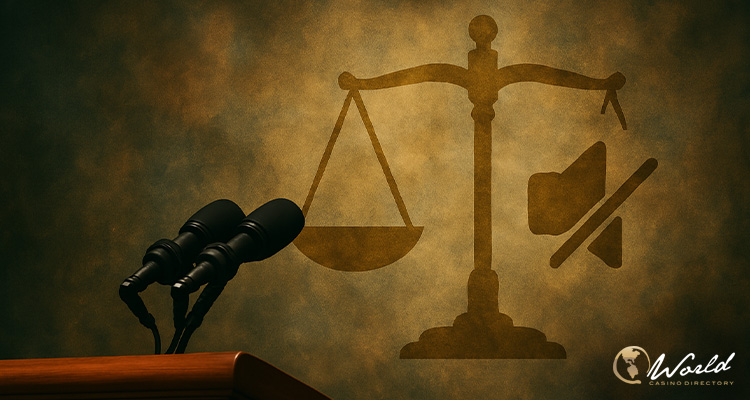In a move that surprised some and reassured others, Philippine President Ferdinand “Bongbong” Marcos Jr. made no mention of online gambling during his 2025 State of the Nation Address (SONA), despite widespread anticipation he would confront the controversial topic. The silence was interpreted by many industry watchers as a deliberate strategy rather than an oversight.
Last year, Marcos took firm action during his SONA by banning Philippine Offshore Gaming Operators (POGOs) due to their association with serious criminal activities. Many believed this year’s address would follow suit with a similar declaration on domestic online gambling. But instead of calling for a ban, the president chose to remain silent, a decision that sent gaming stocks soaring and sparked debate about his true intentions.
Deliberate Silence Reflects Strategic Caution
Legal experts and financial analysts suggest that the omission was calculated. “This omission seems intentional,” said Wendy B. Estacio-Cruz, research head at Unicapital Securities, as reported by InsiderPH. “It’s possible that the President is still weighing economic considerations, as online gambling continues to generate substantial revenue for both Pagcor and the government.”
Marie Antonette “Tonet” Quiogue, CEO of Arden Consult and a prominent gaming law specialist, echoed that sentiment in a widely shared op-ed. “This was not a missed opportunity—it was a conscious choice to avoid a knee-jerk policy that could create more problems than it solves,” she wrote. “By declining to take a populist or overly simplistic stance, the President has left the door open for a more thoughtful, evidence-based approach to take shape.”
Quiogue emphasized that online gambling is a regulated domestic industry distinct from POGOs. In her view, the President’s decision reflects leadership and an understanding of the sector’s economic significance.
Industry Contribution and Regulatory Challenges
According to data from the Philippine Amusement and Gaming Corporation (PAGCOR), online gaming revenues reached ₱51 billion in Q1 2025—nearly half of all gaming income. In 2024, the industry contributed over ₱154 billion in gross gaming revenue, with ₱46 billion allocated to the national treasury and ₱16.6 billion funding universal healthcare through PhilHealth. The sector employs an estimated 50,000 people and supports millions of users.
Given the country’s current fiscal challenges, experts argue that banning the industry outright could lead to severe revenue shortfalls and drive players toward illegal platforms. “Regulating instead of banning is thus both a financial necessity and a harm-reduction strategy,” noted Quiogue.
Nevertheless, regulatory scrutiny is growing. In July, PAGCOR partnered with the Ad Standards Council (ASC) to enforce pre-screening of all gambling-related advertising. Other agencies, including the Cybercrime Investigation and Coordinating Center and the Bangko Sentral ng Pilipinas (BSP), are stepping up oversight through crackdowns on unlicensed operators and proposed KYC reforms for digital wallets.
Meanwhile, some legislators continue to push for harsher controls. Senate Bill 142 proposes a complete online gambling ban, citing rising addiction, debt, and crime. House Bill 1351 calls for increased taxes, advertising restrictions, and tighter age and deposit controls.
Major licensed operators, such as DigiPlus Interactive and integrated resorts like Solaire, Newport, and Okada, have publicly defended their practices. DigiPlus chairman Eusebio Tanco stated, “We stand licensed, audited, and transparent, yet we are made to answer for the crimes of illegal operators who respect neither law nor livelihood.”
The online sector is also moving toward self-regulation. A new association of PAGCOR-licensed operators is being formed to promote player safety through stricter verification, deposit limits, and enhanced AML protocols.
As Quiogue summed up: “Regulate, not ban, is not a one-time decision, but a continuous commitment. It requires diligence from authorities, integrity from industry, and awareness from the public.”
For now, Marcos’ silence appears to have bought time—time that stakeholders hope will be used to shape a regulatory framework that protects players without dismantling a critical economic engine.


